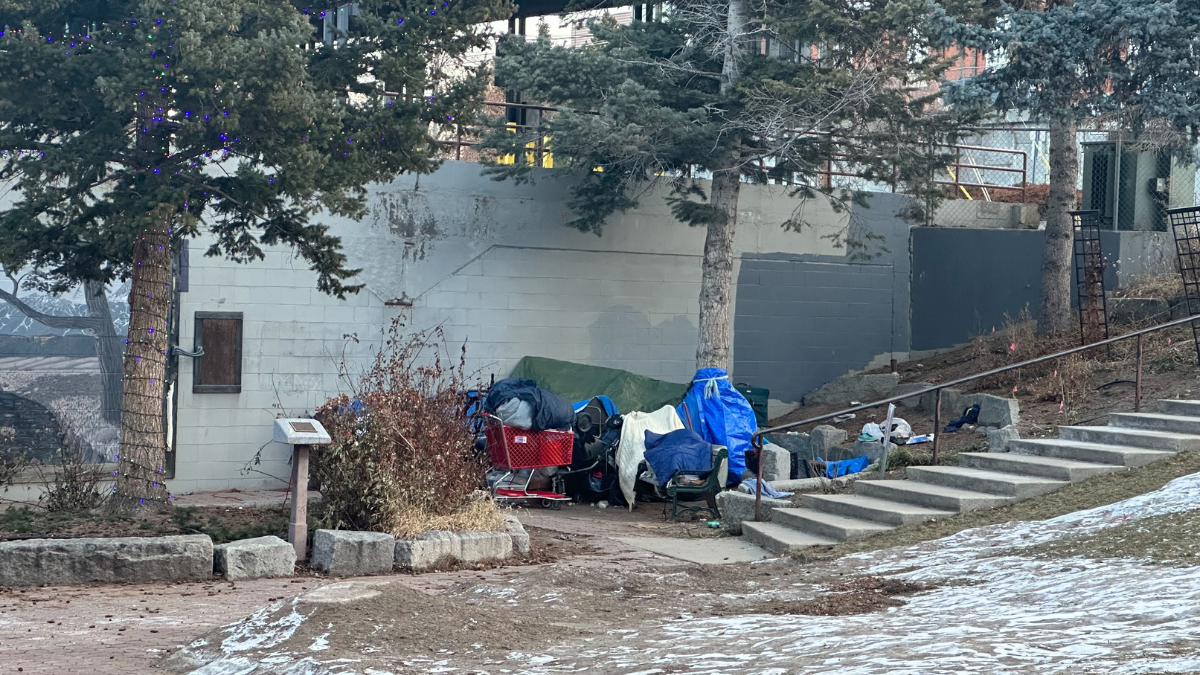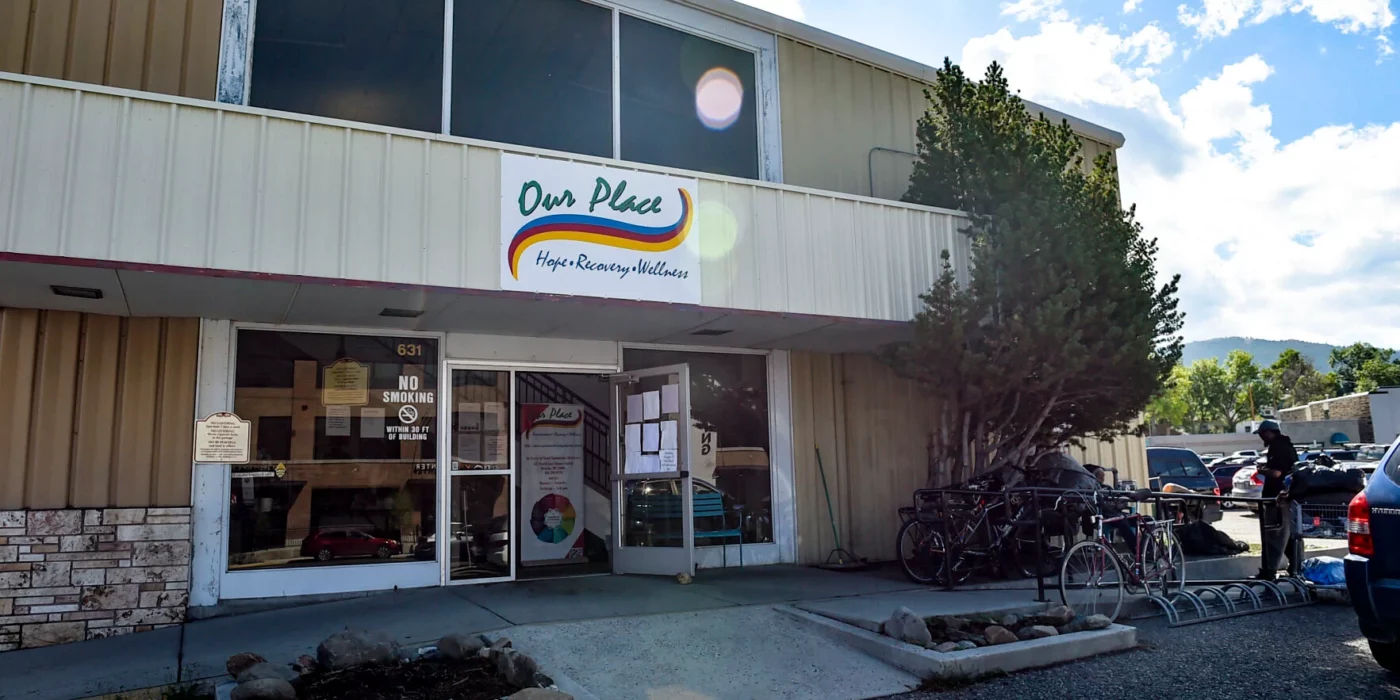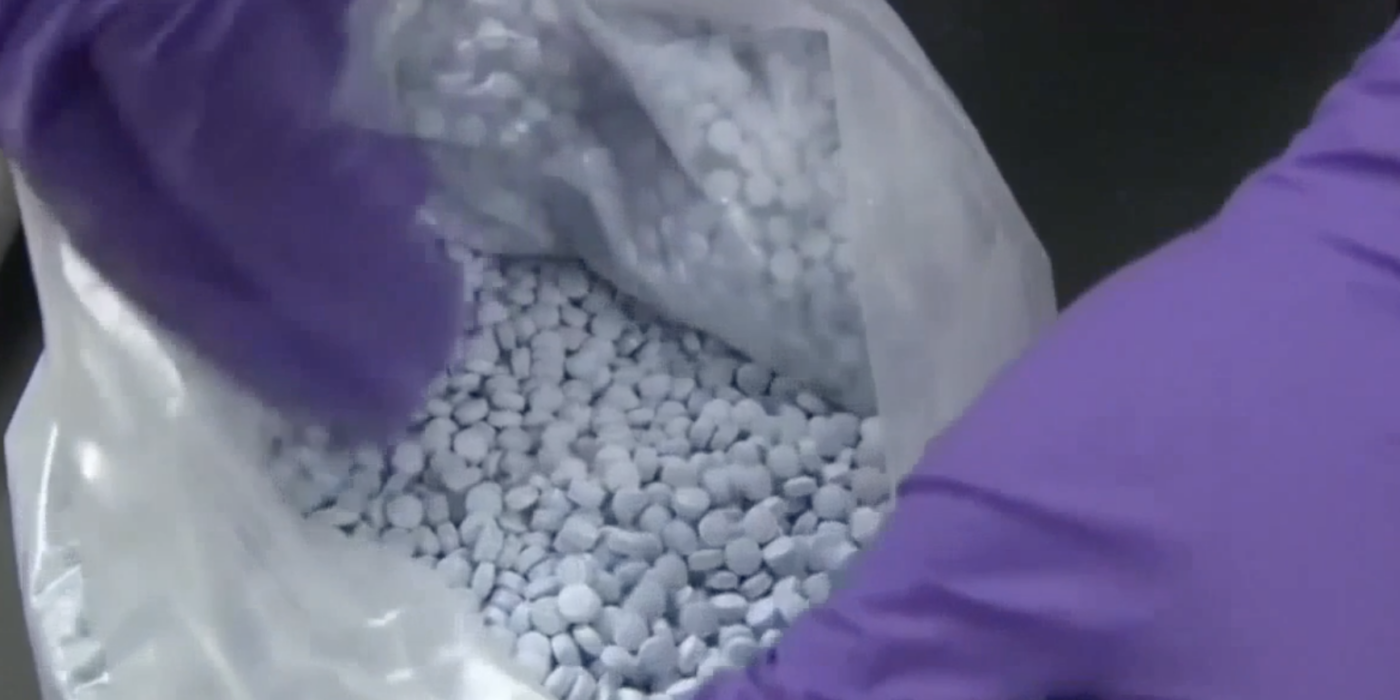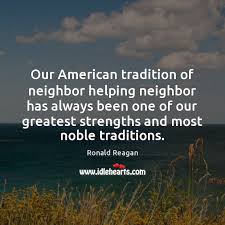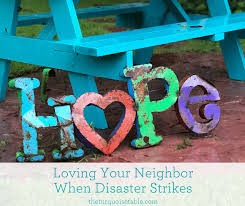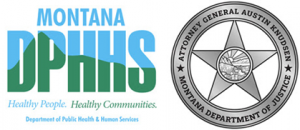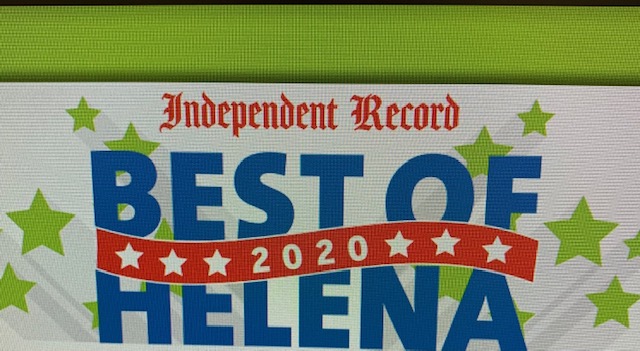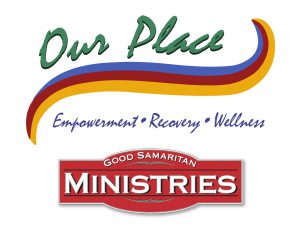Helena not immune from homelessness, urban camping concerns

In early November, deputies with the Lewis and Clark County Sheriff’s Office cleared out a homeless encampment a few miles south of downtown Helena, displacing those who called the camp their home.
The encampment — first on private property before it was moved to U.S. National Forest land — sprung up earlier this summer, and about 25 people lived there, according to coverage by KTVH.Now that the campsite has been removed, some of those unsheltered individuals moved into city limits where they could utilize the nonprofit resources and shelters, while others left the area.
Since then, new camps made up of tents and tarps have popped up within the city parks, on sidewalks and in alleyways, sparking community concerns about public safety while also highlighting the growing unsheltered crisis.
“There is not a spot within city limits that our community has opened up access for unsheltered to camp, [which] makes it very complicated,” Mark Nay, the street outreach coordinator for Good Samaritan Ministries, told Montana Free Press. “Folks that are living on the streets, you know, living in their cars, living in campers. What happens is they’ll kind of get themselves set up in a spot, and it really does go against what our city code is.”
So what is Helena’s stance on homeless encampments and urban camping?
Staying overnight is prohibited in any public or natural park within the city limits without permission from the city’s parks and recreation department, according to the Helena city code.
Although the code states that it’s unlawful to camp or sleep overnight in these areas, the U.S. Court of Appeals for the 9th Circuit ruled in 2018 that local law enforcement can not cite or arrest campers if there is not adequate shelter available for the homeless. That decision is affecting how many cities throughout the West, including some in Montana, approach expanding homelessness.

Helena Police Chief Brett Petty told MTFP that officers address complaints about homeless people from the community on a case-by-case basis. One of the most frequent complaints, though, is about people camping in city parks. A goal of his department, Petty said, is to make sure that the parks are usable and safe for everyone in Helena.
“I think the main thing here is being unsheltered, being homeless, being considered transient is not illegal,” Petty said. “Just because you don’t have a house doesn’t mean you’re a criminal, and that’s the way we treat it. Now if you’re camping in the park, there’s an ordinance saying that you can’t, but we have to work with those folks because they don’t have other places to go.”
Petty also shared that the police department works closely with Nay at Good Samaritan Ministries to find homeless individuals temporary shelters and help them utilize resources from local nonprofits.
Helena has multiple resources for individuals and families who don’t have a secure home and are experiencing homelessness.
“I think the main thing here is being unsheltered, being homeless, being considered transient is not illegal.”
HELENA POLICE CHIEF BRETT PETTY
God’s Love is the city’s only emergency shelter that is available to any individual who requires services, although it excludes individuals who become violent within the shelter.
“We have one rule: It doesn’t matter if you’re drinking, using drugs, it doesn’t matter what your story is, the second you hit a staff member you’re gone, no questions asked,” said Rachel Sanders, the office manager at God’s Love.
Those people camping around the shelter are individuals who have been kicked out, some of whom have mental health and addiction issues, Sanders said. God’s Love is at the corner of North Last Chance Gulch and 11th Avenue, and there are a few tents and personal belongings propped up on the north side of the building.
Helena City Manager Tim Burton said Helena is addressing the call for unsheltered assistance by working with the local nonprofits that provide services.
“So we stay in close communication with them, and where there’s opportunity for us to move things along or leverage state or federal grant dollars, those types of activities to help them provide the critical services,” Burton said.
There is an effort led by Good Samaritan Ministries to obtain a permit and funding through the city that would allow for an emergency women’s shelter. The city zoning commission will meet on Wednesday, Dec. 6, to consider the permit for the shelter project.
Burton said he hasn’t had time to analyze the efforts of officials in Bozeman and Missoula to curtail urban camping in those cities. Bozeman has adopted an urban camping ordinance, and Missoula is considering a similar response.
“What I do know is that it’s a national problem, and part of that national problem is in Helena, Montana,” Burton said. “I can speak to the issue that we’re effectively coordinating on a daily, weekly, as-needed basis with the experts that actually provide this service. I can’t say enough about the nonprofit organizations that, I mean, these folks do wonderful work. There’s not a single person in the city staff that has the expertise to run a shelter. It’s just not what we do. But, that doesn’t mean we can’t help the organizations that do provide that service where we can.”

